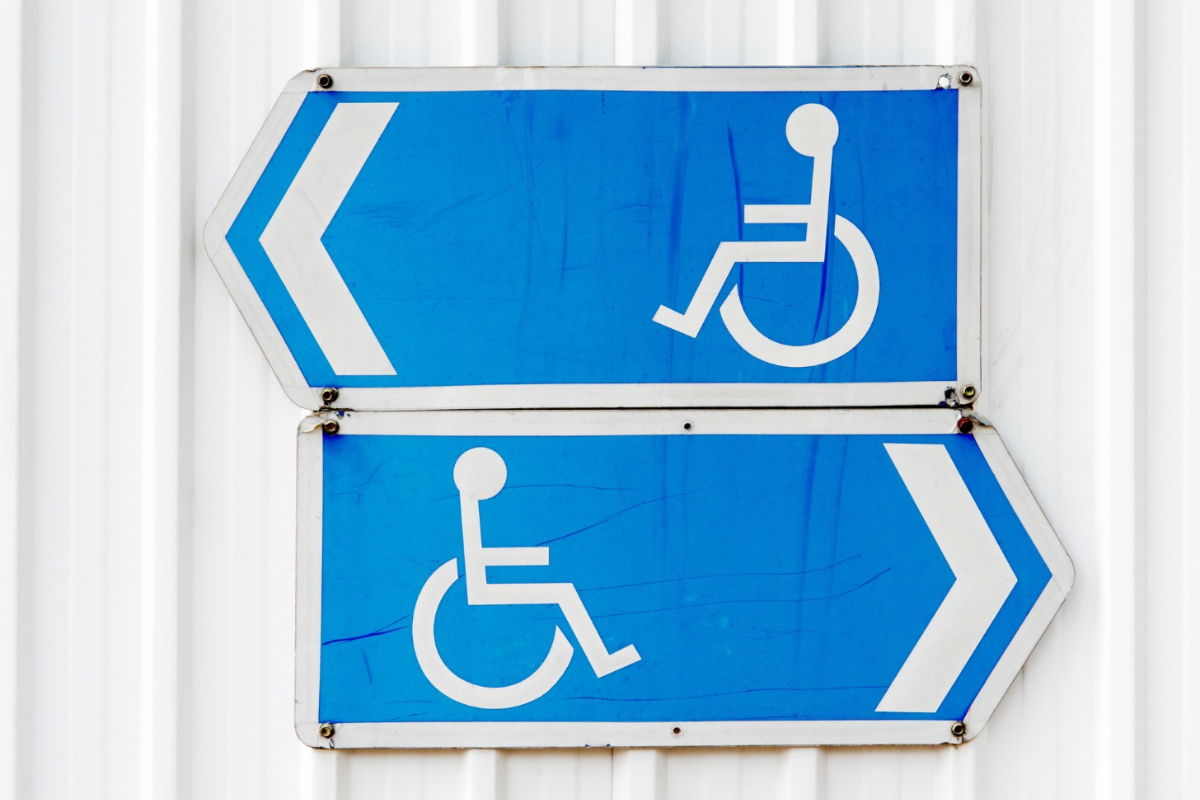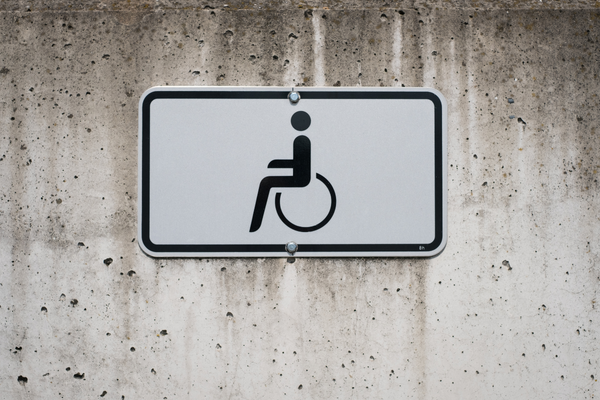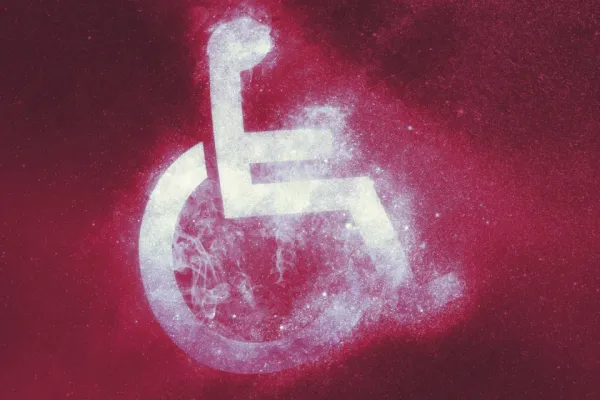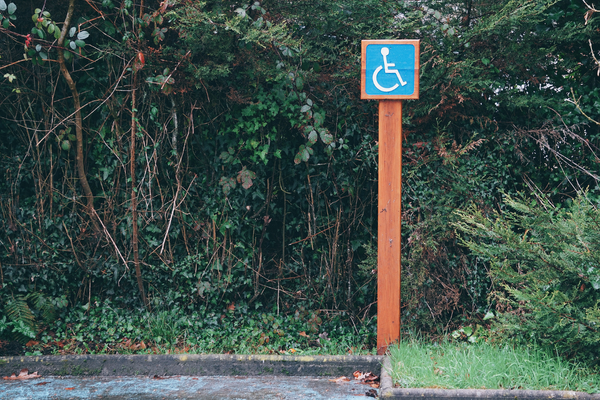1/7/25 - COVID, medical bills, and approaching new year goals


Today's articles aren't as exclusively for disabled people as usual. They are all more or less relevant to anyone, disabled or not. But they all also have some more specific meanings for people with disabilities.
5 things we know and still don’t know about COVID, 5 years after it appeared
Lauran Neergaard, Laura Ungar, and Mike Stobbe, Associated Press - January 2, 2025
"In the U.S., an average of about 900 people a week have died of COVID-19 over the past year, according to the U.S. Centers for Disease Control and Prevention ... The coronavirus continues to affect older adults the most. Last winter in the U.S., people age 75 and older accounted for about half the nation’s COVID-19 hospitalizations and in-hospital deaths, according to the CDC ... 'We cannot talk about COVID in the past, since it’s still with us,” WHO director Tedros Adhanom Ghebreyesus said.'"
Any article trying to sum up what we know about COVID today is bound to be inadequate. It's likely to be both actually incomplete, and / or objectionable in some way to people who believe it to be wrong in some key way – either too optimistic or too dire. But this one seems like a decent attempt at recapping what COVID was and still is. It's still important for people with disabilities or chronic illnesses to give COVID at least some thought – for many of us a lot. Most of us are still more vulnerable to COVID than the average person, and to other communicable diseases too most likely. So I will keep sharing the occasional article on COVID here for the foreseeable future.
Never pay a medical bill without asking these questions first
Allie Volpe, Vox.com - January 3, 2025
"Despite the federal No Surprises Act made into law in 2022 — which prevents providers from saddling patients with huge bills for out-of-network services — many Americans have felt the shock of a medical bill."
This is probably good advice for everyone. But disabled people use medical care more than most. We also tend to have less ability to economize on health care. We can't just decide to not take medications, cut back on therapies, or stop medically monitoring conditions that any minute can drastically affect our functioning, or our lives. And most of us are even less able to cope financially with over-charging. We may not always feel entirely free to be watchful consumers of medical care, as this article advises. It's also tiring, and, honestly, galling that we have be on alert all the time on these things. But it helps to at least know what we should look for, when we can.
Can we SMART-goals our way into self-care and self-love?
Emily Ladau, Words I Wheel By - January 2, 2025
"So, I came up with FUN goals.
Flexible - Life happens, things change, goals shift.
Uplifting - Bettering myself isn’t a punishment. It's a process that should feel good, even when it's challenging.
Numberless - Nothing will be radically different if I read 29 books this year instead of 30."
I like Emily's approach to New Year's resolutions, or goals, or whatever we call them. What are you hoping to do or achieve in your lives in 2025? I've just enabled comments again, so share your ideas!
Disability Thinking Weekday is a Monday-Friday newsletter with links and commentary on disability-related articles and other content. Please like, share, comment, and subscribe — for free, or with a paid subscription. Benefits of paid subscription include:
- A monthly recap with links to all of the previous month's shared articles, organized by topic.
- Listing as a supporter, and a link to your website if you have one.
- You can recommend one disability-related article for me to share per month in a weekday post.
I am so grateful for your help and engagement, in whichever forms you choose!



